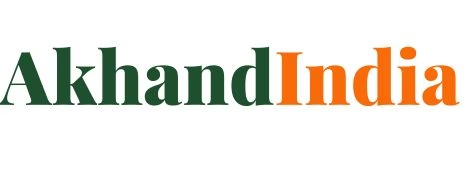Pension Increase in Haryana
A meeting was held in Chandigarh, Haryana under the leadership of Chief Minister Manohar Lal on Tuesday, where various important leaders extended their best wishes to the government. In this session, a pension increase of 250 per year has been issued from the first of January for 14 pension applications. This means that these individuals will now receive a monthly pension of 3,000. Furthermore, pensions will be given to those suffering from Thalassemia and Hemophilia, categorized as Elyansta.
Verification Process
According to a report from the Haryana Health Department, there are approximately 1,300 Thalassemia patients and 783 Hemophilia patients in the state, totaling 2,083. Those individuals with an annual income up to 3 lakh per month will receive a monthly pension benefit of 3,000. To determine the current condition of the patients, whether they have recovered or not, the relevant civil surgeon will annually verify Thalassemia and Hemophilia certificates.
Eligible Recipients of the Pension
The nominees for the pension include individuals from old age honor ashram, widows and destitute women, pension pension, Ladli social security honor, destitute children financial aid, loan and transgender individuals financial aid, financial aid for non-school going nominated children, students financial aid, widows and unmarried individuals financial aid, widows and fourth stage cancer patients, and rare unmarried individuals.
Pension for Children Not Attending School
In Haryana, financial assistance has been approved for Anil children who are not attending Catholic school, increasing the amount from 2,150 to 2,400. Likewise, destitute children will now receive 1,850 instead of 2,100 and financial aid under the Northeast Migrant Scheme will be increased from 1,250 to 1,500 rupees.
- A pension increase for 14 pension applications was issued in Haryana, providing a monthly pension of 3,000 for these individuals.
- This also includes pensions for those suffering from Thalassemia and Hemophilia.
- Eligible recipients of the pension include individuals from various backgrounds, such as widows and destitute women, students, and rare unmarried individuals.
- Financial assistance has been increased for children not attending school, destitute children, and those under the Northeast Migrant Scheme.


